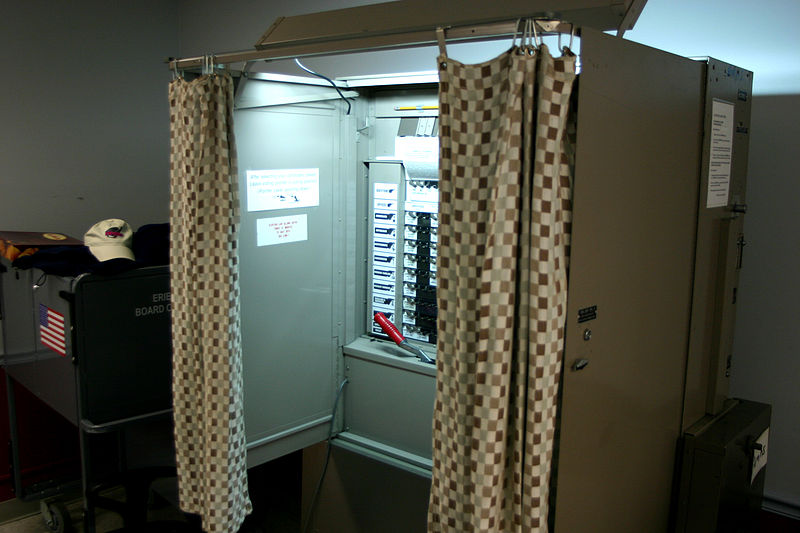The Mississippi Legislature referred a constitutional amendment to the 2020 ballot that would change election requirements for candidates for governor and statewide elected office.
Currently, in Mississippi, a candidate for Governor or elected statewide offices (Lieutenant Governor, Secretary of State, Attorney General, State Auditor, State Treasurer, Commissioner of Agriculture, and Commissioner of Insurance) must win the popular vote and the highest number of votes in a majority of the state’s 122 House districts (the electoral vote).
If no candidate secures majorities of both the popular and the electoral vote, under Article V, Section 141, the Mississippi House of Representatives considers the two highest vote-getters and chooses the winner. The election system was adopted in the state constitution of 1890.
The constitutional amendment would remove the electoral vote requirement and the House of Representatives’ role in choosing a winner. The amendment would provide that if a candidate for Governor of Mississippi or statewide elected office does not receive a majority vote of the people, the candidates will proceed to a runoff election.
The details of the runoff election would be provided through state law. A runoff election is a second election conducted to determine which of the top vote-getters in the first election will be elected to office. Runoffs occur in states that require candidates to receive a majority (as opposed to a plurality) of the vote to win an election.
A majority voting system is an electoral system in which the winner of an election is the candidate that received more than half (50%+1) of the votes cast. A plurality voting system is an electoral system in which the winner of an election is the candidate that received the highest number of votes. The candidate does not need to win a majority of votes to be elected.
The amendment was introduced as House Concurrent Resolution 47 by Rep. Jim Beckett (R) on February 17, 2020. The House adopted the measure in a vote of 109-6 on June 28, and the Senate adopted the measure in a vote of 49-2 on June 29, 2020.
The Mississippi House of Representatives has decided a gubernatorial election one time. In 1999, Ronnie Musgrove (D) received a plurality of the vote, 8,300 more votes than the next highest vote-getter, Mike Parker (R) in a contest with four candidates. Musgrove received 49.6% of the vote and Parker received 48.5% of the vote. Musgrove and Parker each won 61 of the state’s 122 House districts. Since neither candidate won a majority (over 50%) of the vote and a majority of the state’s House districts, the Democratic-controlled Mississippi House of Representatives decided the election. The House chose Musgrove on January 4, 2000, in a vote of 86-36 along party lines.
The National Redistricting Foundation, the 501(c)(3) arm of the National Democratic Redistricting Committee, which is chaired by former U.S. Attorney General Eric Holder, supports the constitutional amendment. The foundation said the amendment would “remove a racially discriminatory law designed to restrict the voting rights of African Americans. Due to pressure from a National Redistricting Foundation lawsuit filed last year, the state is finally casting out a post-Reconstruction era electoral scheme designed to maintain white control of the state government and prevent African-American voters in Mississippi from having a real voice in their representation.”
Four African-American citizens filed a federal lawsuit (McLemore v. Hosemann) backed by the National Redistricting Foundation on May 30, 2019, alleging that the electoral vote requirement was racially discriminatory and violated the U.S. Constitution and the Voting Rights Act. Plaintiffs sought a preliminary injunction to block enforcement of the electoral vote requirement for the 2019 gubernatorial election.
On November 1, 2019, the court acknowledged that the electoral vote requirement was likely unconstitutional, but noted that “courts have allowed elections to proceed under unconstitutional rules where it is simply too late to make a change” and denied to grant a preliminary injunction. On December 13, 2019, the court stayed litigation surrounding the election requirements to give the state legislature a chance to remove the constitutional provisions during the 2020 legislative session and said that “if the amendment process falls short, then there would be ample time to resume this litigation and resolve the matter before the 2023 election cycle.”


